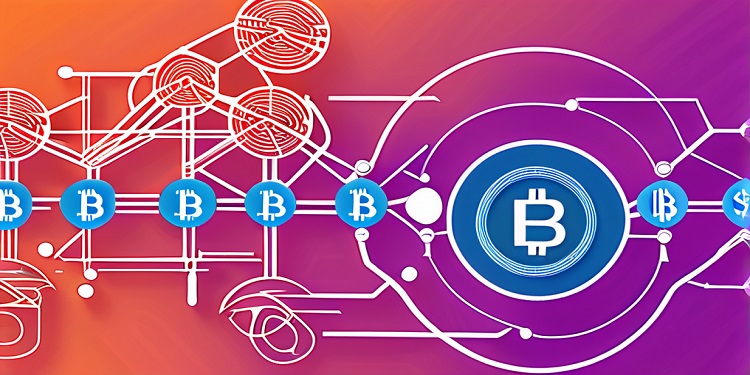As global financial systems rapidly evolve, blockchain technology is emerging as a critical enabler of innovative payment solutions. Jason Simon, a leading FinTech expert, has outlined advanced strategies for integrating blockchain into payment systems. These approaches aim to enhance security, reduce costs, and streamline cross-border transactions, helping businesses create efficient and customer-focused payment infrastructures.
Drawing from his expertise in digital payments and blockchain applications, Simon emphasized the transformative role blockchain plays in addressing traditional payment challenges such as transparency and cost-efficiency. His recommendations provide businesses with actionable insights to leverage blockchain for modernized payment solutions.
Strengthening Payment Security
One of the key advantages of blockchain in payment systems lies in its decentralized structure, which enhances security by distributing transaction data across multiple nodes. This design makes it extremely difficult for unauthorized changes to go unnoticed, thereby reducing the risk of fraud.
Simon advised businesses to adopt blockchain solutions that incorporate cryptographic techniques to safeguard customer data. He also highlighted the added protection offered by private blockchains, accessible only to authorized users, and the potential of smart contracts to automate and verify transactions securely. By leveraging these features, organizations can establish a robust payment framework that minimizes fraud risks and builds trust.
Lowering Costs and Boosting Efficiency
Simon noted that blockchain significantly reduces transaction costs, particularly for cross-border payments, by eliminating the need for intermediaries such as banks. Direct peer-to-peer transactions facilitated by blockchain streamline the payment process, saving both time and money for businesses and consumers.
He suggested that companies explore the use of cryptocurrencies and stablecoins for low-cost, real-time transactions. Additionally, blockchain’s capability to facilitate instant currency exchanges addresses the inefficiencies of traditional international transfers. By adopting these solutions, businesses can achieve cost savings while providing faster, more satisfactory payment experiences to their customers.
Simplifying Cross-Border Transactions
Cross-border payments often involve lengthy and complex processes due to the involvement of multiple institutions and currencies. Simon emphasized that blockchain simplifies this process through a unified ledger that records and verifies transactions in real-time.
He recommended that businesses operating globally adopt blockchain networks designed specifically for international payments. These networks not only reduce settlement times but also eliminate the need for multiple clearinghouses, resulting in lower operational costs and enhanced customer satisfaction.
Enhancing Transparency and Accountability
Transparency is another significant benefit of blockchain technology, which operates on a distributed ledger accessible to all participants in the network. This visibility allows for permanent, tamper-proof records of transactions, ensuring accountability.
Simon encouraged businesses to adopt blockchain-based solutions that improve transaction visibility, enabling customers to track payments in real time. Industries such as e-commerce, supply chain, and financial services, where transparency is vital, stand to benefit greatly from these advancements. Highlighting blockchain’s transparency to customers can foster trust and reduce disputes.
Personalizing Customer Experiences
With customer expectations evolving, personalization is becoming increasingly important in payment systems. Simon pointed out that blockchain enables businesses to offer tailored payment options, loyalty programs, and streamlined identity management systems.
He recommended blockchain-powered loyalty programs that allow customers to earn and redeem points across a decentralized network. Similarly, digital identity solutions integrated with blockchain can simplify verification processes, providing secure and convenient payment experiences. These personalized offerings help businesses differentiate themselves in a competitive market while strengthening customer relationships.
Preparing for Regulatory Compliance
As blockchain adoption grows, regulatory frameworks are evolving to ensure its responsible use in payment systems. Simon highlighted the importance of staying informed about regulatory changes to maintain compliance.
He advised businesses to collaborate with legal experts to understand relevant regulations, including data privacy laws, anti-money laundering (AML) standards, and Know Your Customer (KYC) requirements. Proactively addressing compliance challenges can position companies as responsible adopters of blockchain, ready to maximize its benefits while adhering to legal standards.
Shaping the Future of Payments
Simon’s insights underscore blockchain’s potential to revolutionize payment systems. By focusing on security, cost reduction, and enhanced customer experiences, businesses can leverage blockchain to build more resilient and efficient infrastructures. His strategies equip organizations to adapt to a digital-first economy while fostering trust and competitiveness in a rapidly evolving landscape.
